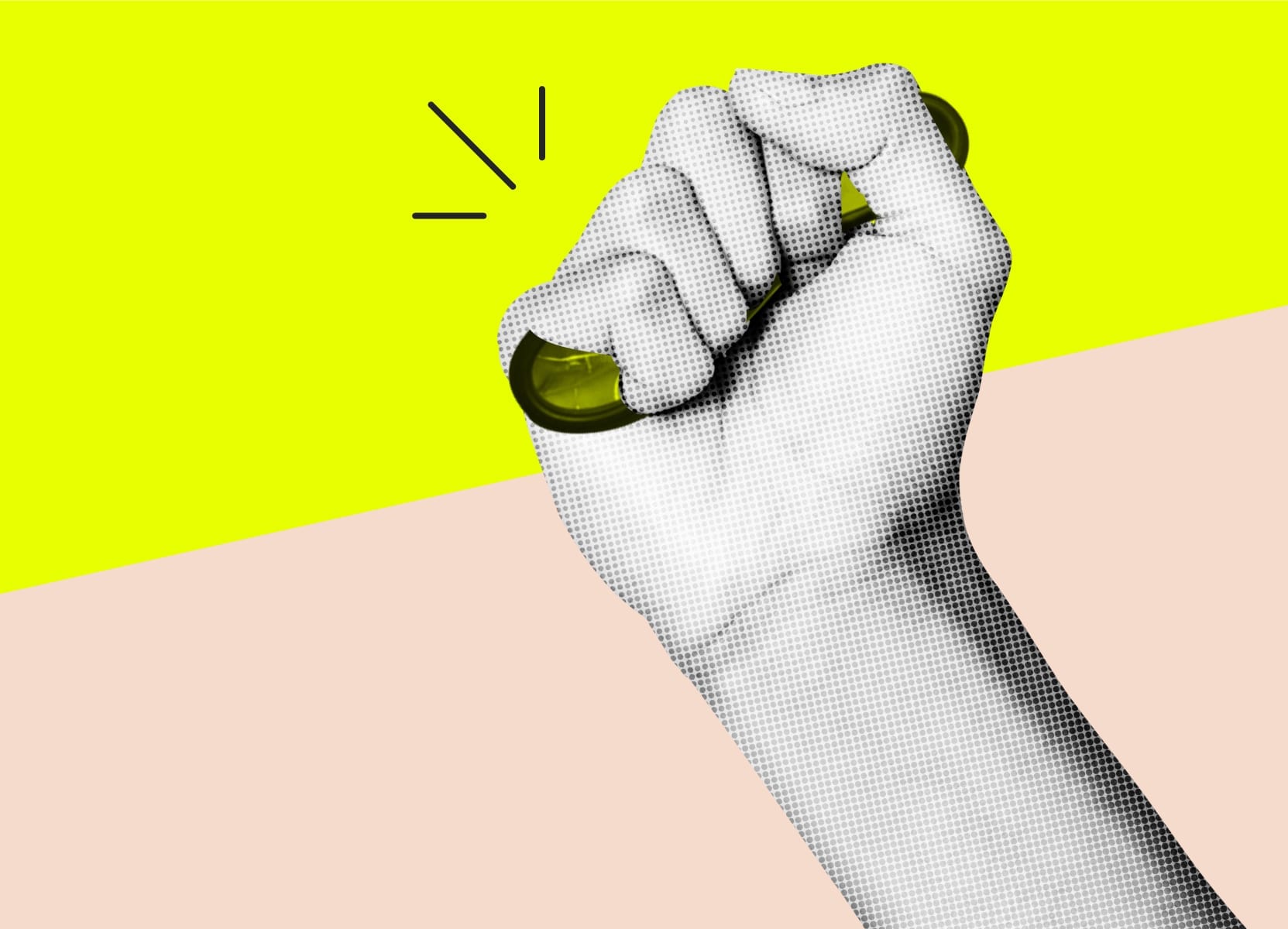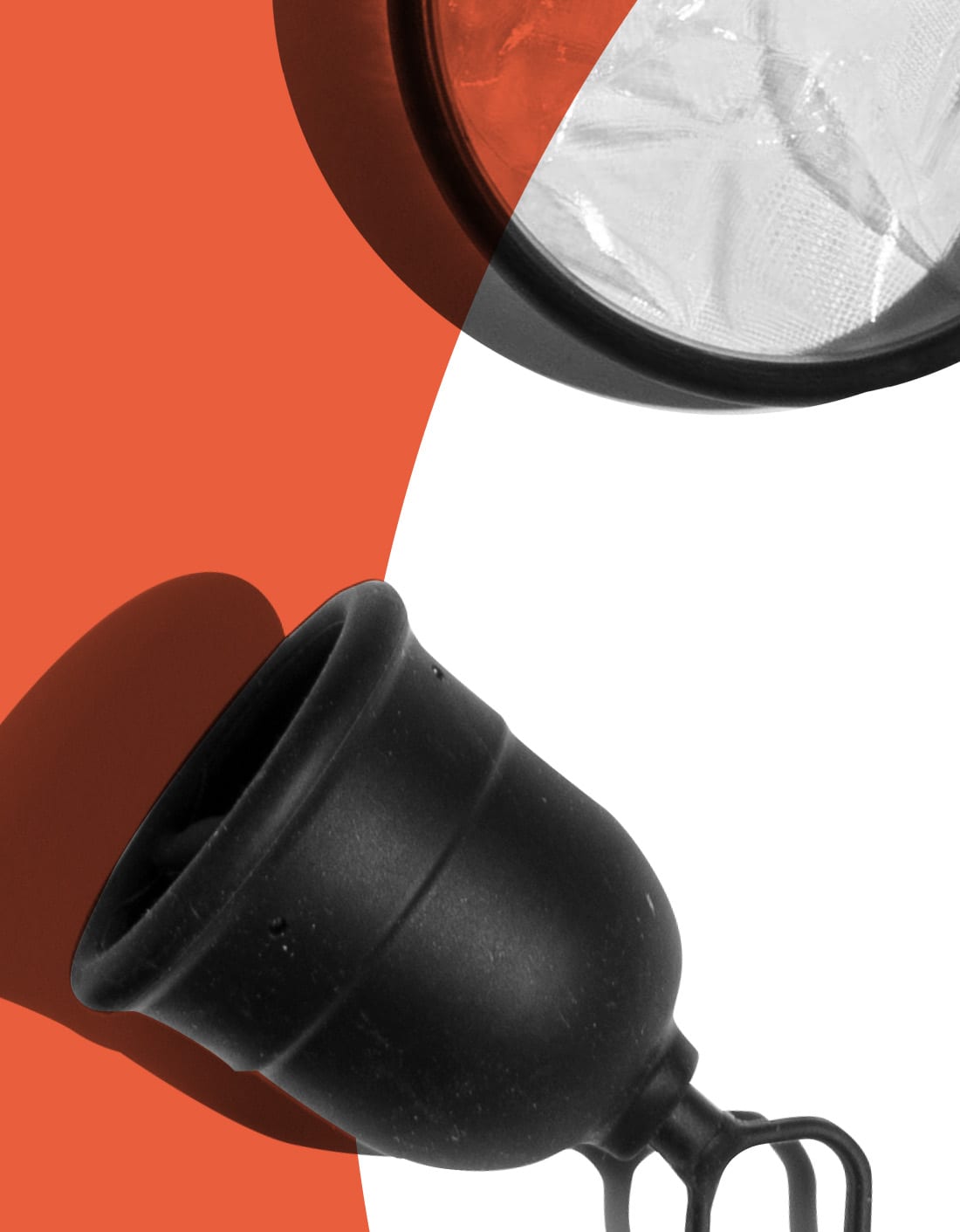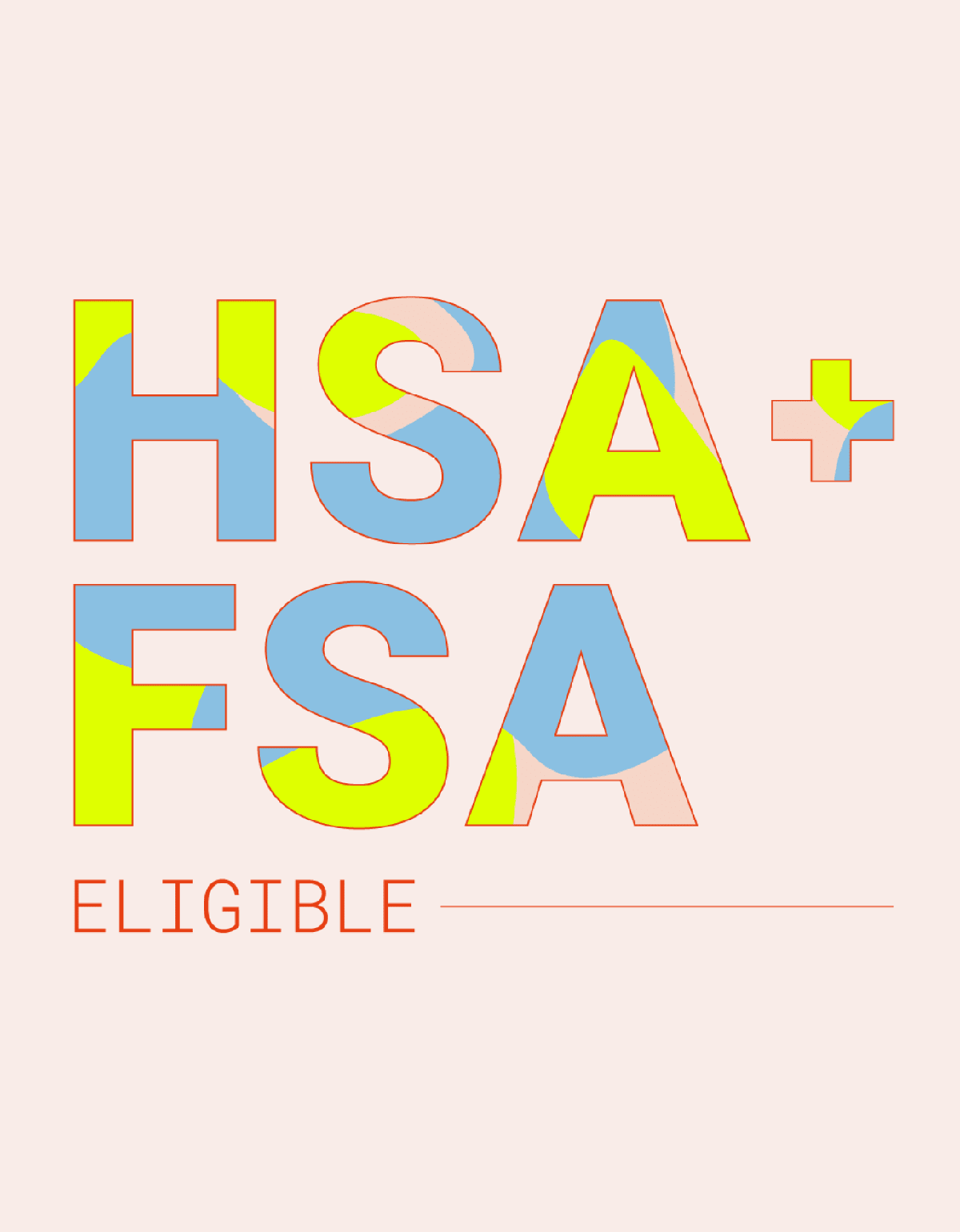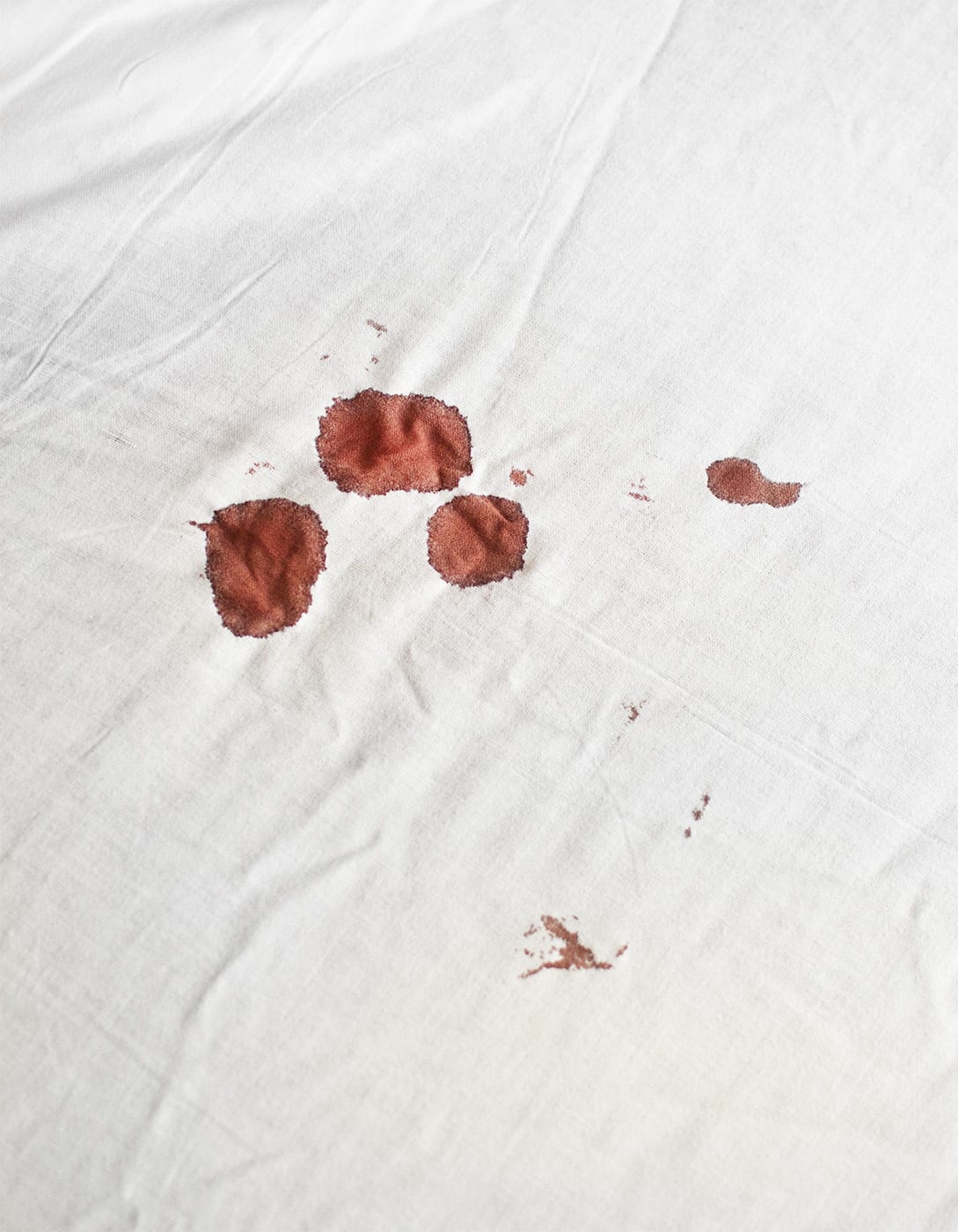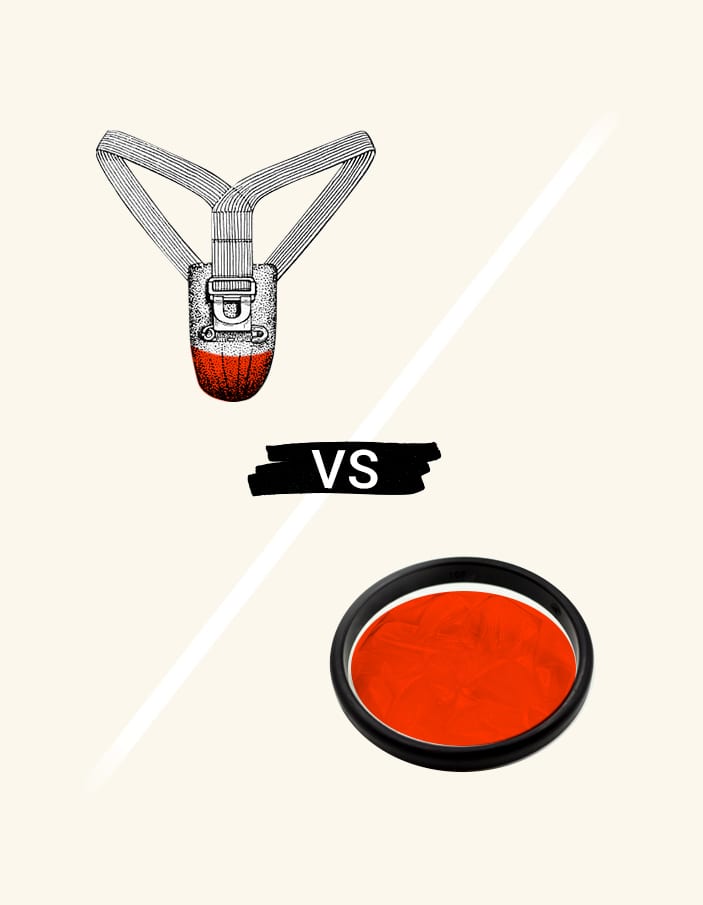What you need to know about this exciting news
TL;DR: Britain joined a long list of progressive countries in eliminating their 5% value-added tax on menstrual care products, a.k.a. the tampon tax. This legislation led to important conversations and large-scale actions that combat period poverty.
On January 1st, 2021, Britain removed their nationwide 5% value-added tax (VAT) on menstrual products, a.k.a., “the tampon tax.” Up until this point, menstrual products were being taxed because they were considered nonessential or “luxury” items.1
Activist groups criticized the tax as sexist — rightfully so, in our humble opinion — since it only affects people who menstruate. This new legislation’s victory is not just about the money. It’s about getting the government to understand that menstrual products are essential items that menstruators need in order to maintain healthy and happy lives.
The British government first faced public pressure in 2016 after Laura Coryton started a Change.org petition that got over 318,000 signatures. Back then, the U.K. was still a part of the European Union (E.U.), which led to bureaucratic ping-pong that stalled any real action to repeal the tax. Removing the tampon tax came with the controversial transition into Brexit, but critics are saying that the U.K. could have eliminated the tax years ago.2
The U.K. joins countries like India, Cambodia, Kenya, and Canada in eliminating taxes on menstrual products and building more equitable policies for people with periods altogether.1
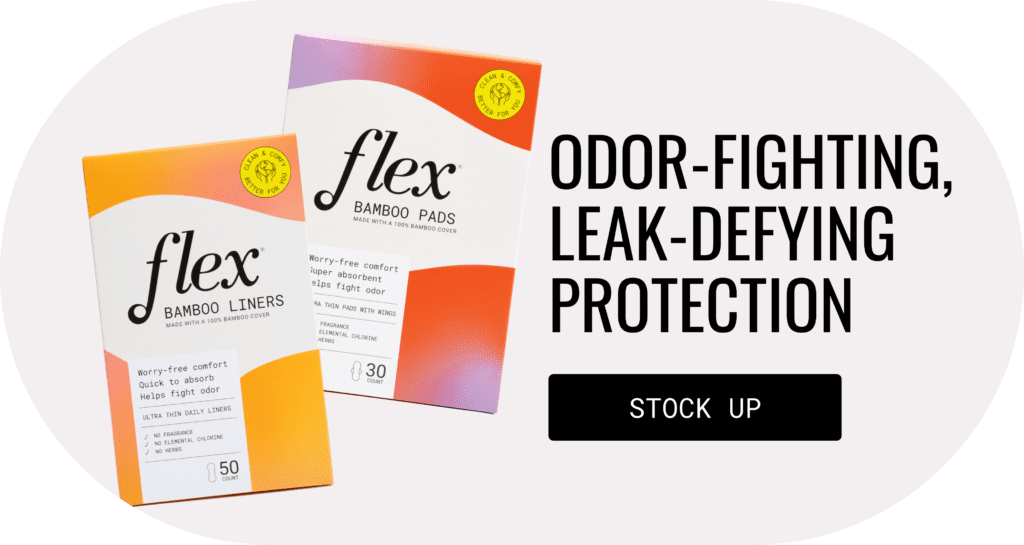
Why your two-cents matters
Some people who don’t menstruate might think, “It’s just a few cents at the drugstore checkout line, what’s the big deal!?” But for people experiencing poverty, that price gap makes a huge difference.
Every penny counts, especially during this unprecedented global recession. Repealing the tampon tax will save every British menstruator approximately £40 in their lifetime,2 which can add up to £1.36 billion in a country with nearly 34 million women, according to Statista.com.
More importantly, eliminating the tampon tax opens up a greater conversation about period poverty. In 2015, after a series of political campaigns from women’s activist groups, Chancellor Greg Osborne announced support for the Tampon Tax Fund, which allocated £47 million in taxes collected from menstrual product sales to charities working with vulnerable women and girls.1
All these smaller steps — starting conversations about period poverty, repealing the tampon tax, and classifying menstrual products as essential items — add up to a much bigger victory in terms of helping people in need access period products.
In addition, Gemma Abbott, the director of Free Periods — a nonprofit organization that distributes menstrual products to people in need — threatened the government with legal action if they didn’t provide access to free menstrual products at schools.3
Abbott argued that a child’s access to menstrual products could impact their education since children and teenagers will miss precious school time if they can’t manage their periods.
In response to Abbott’s campaign, the British government now provides free period products to schools, working with local organizations to distribute pads and tampons directly to students in the wild times of socially-distanced learning. This initiative has also made period products more accessible to hospitals and colleges.
Even though it doesn’t seem like a big deal to pay a few extra cents at the checkout counter, eliminating the tampon tax is meaningful. It sparks important conversations about the accessibility of period products for menstruators around the globe.
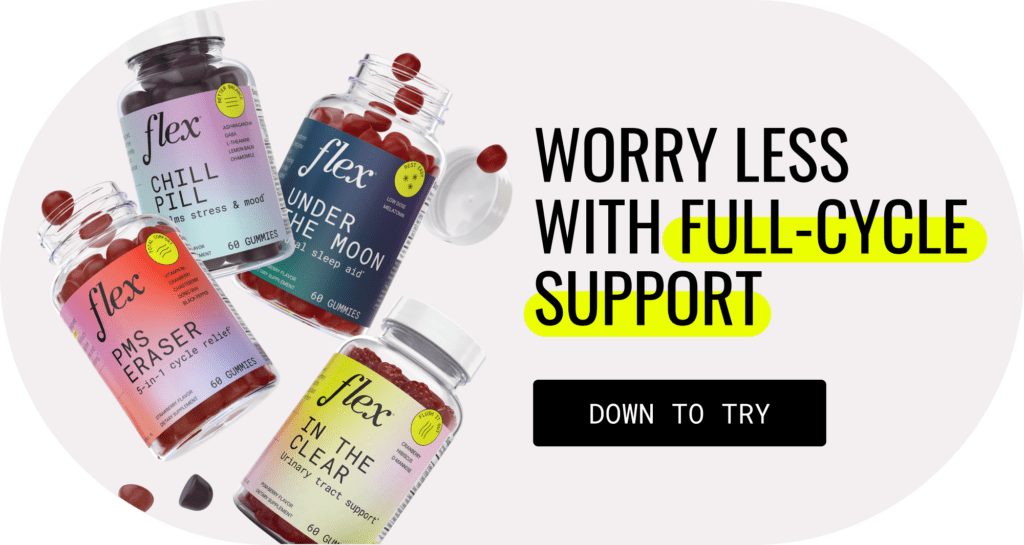
We need to talk about sustainability
While we’re excited about this big news, we can’t ignore the environmental impacts of pads and tampons. The tax repeal also applies to products like menstrual cups and reusable pads — products that are sustainable and eco-friendly, even though they often take the backseat in the conversation around ending period poverty.
The average menstruator will use 11,342 disposable pads or tampons in their lifetime. A menstrual cup or reusable menstrual disc, on the other hand, can last for years. In theory, you’d only need to buy 10 to 13 menstrual cups throughout your lifetime – instead of the 11,342 disposables that ultimately end up in landfills.4
Of note, one important sustainable period product was excluded from the UK tampon tax repeal. Menstrual underwear brand WUKA started a petition to get Chancellor Osborne to recognize period pants (as they’re called in the U.K.) within the parameters of essential items exempt from VAT tax; with any luck, their efforts will be successful.
Unlike other period products, period underwear is taxed as a piece of clothing — a whopping 20% VAT as (opposed to the 5% for traditional period products that was repealed). Menstrual underwear is a cost-effective option for period care that also saves thousands of disposables from littering landfills and oceans. While 27 members of parliament supported the motion, it was ultimately tabled on January 11th.
Menstrual equity victories in the United States
So, big win for the U.K. – but what about tax on menstrual products in the United States?
As of October 2019, the tampon tax is still in effect in 30 states, with California only temporarily banning taxes on menstrual products until 2023. Fortune Magazine estimates that menstruators spend an additional $150 million per year to cover taxes for menstrual products.5
To point out the blatant sexism of these policies, period product brand LOLA partnered with legal organization Period Equity to start a campaign called Tax Free. Period. On their website, you’ll be able to click on your state on the map and see what ridiculous items are considered essential while menstrual products are still considered luxury items.
For example, Georgia has a tax on tampons – but tattoos are untaxed. A more infuriating example nationwide is that erectile dysfunction medication Viagra is considered essential, yet 30 states still tax tampons. Through Tax Free. Period., you’ll also be able to sign a petition to repeal the tampon tax in your state.
In happier news, under the 2020 Coronavirus Aid, Relief, and Economic Securities (CARES) Act, menstrual care products are now qualified medical expenses. If your insurance offers a health savings account (HSA), flexible spending account (FSA), or certain health reimbursement arrangements (HRA), you may be able to use this funding to buy your period products.
For more information on how to use HSA, FSA or HRA to buy or get reimbursed for menstrual care products, check out our blog post on the CARES Act.

What you can do about it
An important conversation about the rights of menstruators in the U.K. grew into a larger movement that resulted in a repeal of the tampon tax, free supply of menstrual care products to students, and a massive redistribution of wealth to menstruators in vulnerable situations. Every effort counts.
Curious about what we can do to push for the same kind of progress Stateside? Here are a few ideas:
- Use your voice. Use the Tax Free. Period. website to find out if you can sign a petition to eliminate the tampon tax in your state. Talk about menstrual equity on social media and spread the word in your community.
- Advocate for free menstrual care products at your office or school. If there aren’t any free menstrual care products at your office, there’s a good chance that no one has spoken up about it yet. Let leaders and administrators know that this would bring a really positive change to your daily life.
- Donate period products to local organizations and food banks. 16-year-old Tessa Gabriel Meil made a difference in her community when she began leaving free period products in her school’s bathrooms. After talking to a local organization called One Less Worry in Maine, her school now stocks free period products for their students.
Some organizations don’t even consider the need for menstrual care products. Showing up with menstrual products to donate can be a great way to start the conversation and make a change.
Know of any other menstrual equity wins that we should share with our readers? Feel free to send us a message at thefornix@flexfits.com.
© 2021 The Flex Company. All Rights Reserved.
